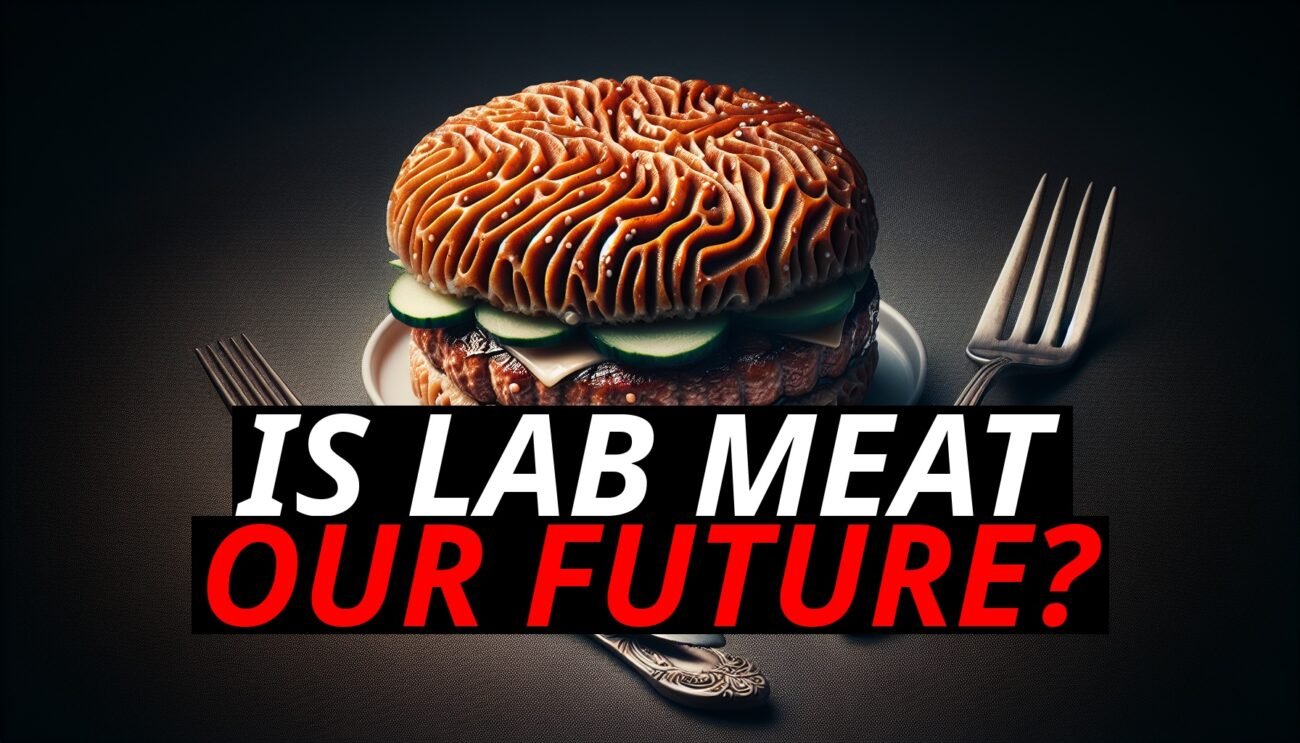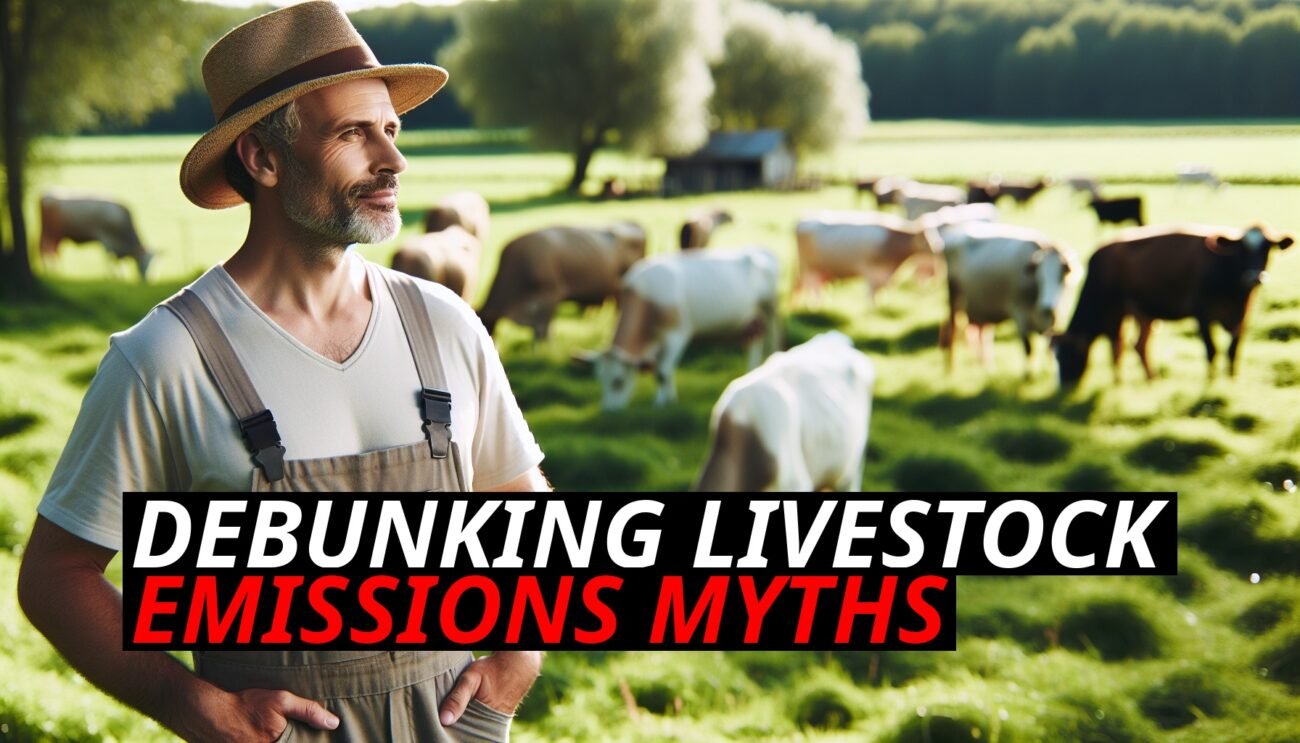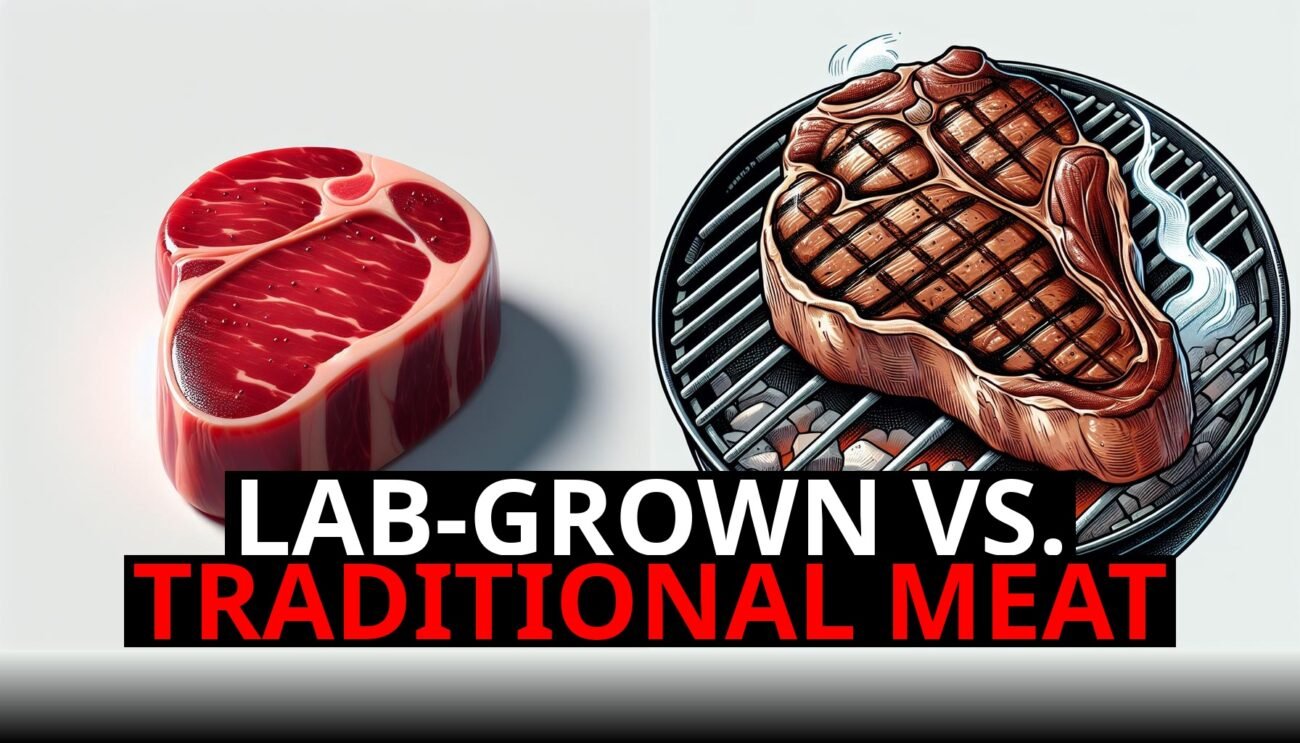Just a few years ago, plant-based meat was hailed as the future of fast food. Chains like Burger King, McDonald’s, and Dunkin’ jumped on the bandwagon, offering plant-based burgers, sausage sandwiches, and more, all to cater to the growing demand for vegan and vegetarian options. But if you’ve noticed, some of those plant-based products have quietly disappeared from menus, with very little fanfare or explanation. So, what’s really going on? Why are fast food chains phasing out plant-based meat options, and what does it say about consumer behavior and the industry at large?
The Initial Hype: Why Fast Food Chains Embraced Plant-Based Meat
When plant-based meats like Beyond Meat and Impossible Foods first hit the market, they generated a massive wave of excitement. Consumers were curious about meat alternatives that could mimic the taste, texture, and even juiciness of real meat—without the environmental and ethical baggage often associated with animal agriculture.
Fast food chains saw a golden opportunity. By adding plant-based options to their menus, they could tap into a growing market of health-conscious eaters, vegans, and flexitarians (people who eat mostly plant-based but occasionally consume animal products). Plus, offering these products allowed companies to rebrand themselves as more eco-friendly and inclusive of dietary preferences, helping them appeal to the millennial and Gen Z consumers who value sustainability.
From the Impossible Whopper to Beyond Sausage breakfast sandwiches, plant-based meats seemed poised to revolutionize the fast food industry. But just a few years later, many of these options are being quietly removed from menus across the country. What happened?
Consumer Preferences: The Taste And Price Didn’T Quite Cut It
One of the major reasons fast food chains are dropping plant-based meat is simple: consumer demand didn’t live up to the hype. While there was significant curiosity around these products initially, many consumers ultimately found that they preferred real meat.
Despite efforts to replicate the taste and texture of meat, plant-based products often don’t quite measure up. For regular fast food customers—many of whom are looking for a quick, tasty, and familiar meal—plant-based burgers often felt like a novelty, not a replacement for their beloved beef burgers. The taste, texture, and even the aftertaste of some plant-based meats left customers unimpressed, particularly those who weren’t specifically looking for a vegan option.
Another sticking point was price. Plant-based options are often priced higher than their traditional meat counterparts. For many fast food customers, who prioritize affordability and convenience, paying extra for a burger that doesn’t quite taste the same simply didn’t make sense. As a result, sales of plant-based items didn’t meet expectations, and fast food chains began to reconsider their value.
Health Perception: Are Plant-Based Meats Really Better?
Another factor behind the quiet phasing out of plant-based meats is growing skepticism about their health benefits. While plant-based products were initially marketed as a healthier alternative to real meat, more consumers began to question whether this was actually true.
Plant-based meats are often highly processed and contain long lists of ingredients, including additives, binders, and flavorings designed to mimic the taste of meat. While they may be lower in cholesterol or saturated fat than real beef, they can still be high in sodium, calories, and preservatives.
As the general public became more aware of the processed nature of these products, some health-conscious consumers began to view them as just another type of fast food, rather than a healthier alternative. This shift in perception likely contributed to the decline in demand for plant-based options, as consumers who originally tried these products for health reasons opted to return to whole, less processed food sources.
Environmental Skepticism: The Eco-Friendly Claims Don’T Always Hold Up
One of the major selling points for plant-based meats was their environmental benefits. Companies like Beyond Meat and Impossible Foods marketed their products as a way to reduce the carbon footprint of our diets, claiming that plant-based meats use less water, land, and energy than traditional animal farming.
While these claims are partially true—plant-based meats do require fewer resources than industrial livestock farming—the environmental benefits are not as straightforward as they seem. The industrial agriculture system used to grow the main ingredients in plant-based meats, such as soy and peas, often relies on monoculture farming, which can deplete soil health, reduce biodiversity, and contribute to pesticide use.
Consumers who care about sustainability are starting to realize that the production of plant-based meats isn’t as environmentally friendly as initially thought. When considering the entire supply chain, including processing and transportation, the environmental impact of fake meat may not be as minimal as originally advertised.
This growing environmental skepticism, combined with the realization that sustainable livestock farming can actually help regenerate ecosystems, has led some consumers to turn back to locally sourced and ethically raised animal products. For fast food chains, this shift in consumer attitude means that plant-based products may no longer be seen as the environmental silver bullet they once were.
Franchisee Frustration: A Costly Experiment
Another aspect of the plant-based meat decline is the frustration felt by franchise owners. In many fast food chains, individual franchisees are responsible for stocking new menu items, and plant-based meat products often come with higher costs and lower margins compared to traditional meat options.
Franchisees have voiced concerns over the additional equipment needed to prepare plant-based meats, such as separate grills or fryers to avoid cross-contamination with real meat. This extra investment wasn’t always worth it, especially when sales of plant-based items were underwhelming in many locations.
Additionally, franchisees reported that keeping plant-based items on the menu led to more complexity in their operations, from training staff to prepare these new products to managing inventory for niche ingredients that didn’t always sell as expected. Over time, the logistical burden of offering plant-based meats outweighed the benefits, leading many fast food franchises to quietly phase them out.
The Future Of Plant-Based Meat In Fast Food
So, what does the future hold for plant-based meat in fast food? While many chains are scaling back their offerings, it doesn’t mean that plant-based meat is gone for good. There are still loyal segments of consumers—particularly vegans and vegetarians—who value having plant-based options, and some chains will likely continue to offer them on a limited basis.
However, the days of plant-based meat being promoted as the next big thing in fast food may be over. As consumers continue to prioritize taste, affordability, and simplicity, it’s clear that traditional meat will remain a staple of fast food menus. And for those seeking healthier or more sustainable options, there may be a growing focus on sourcing and quality, rather than simply swapping meat for processed plant-based alternatives.
Conclusion: A Quiet Shift In Fast Food
The quiet removal of plant-based meat from fast food chains isn’t a failure of the movement—it’s an adjustment to the realities of consumer demand and business logistics. While plant-based meats initially sparked curiosity, the combination of taste dissatisfaction, price sensitivity, and franchise complexity has led many fast food chains to reconsider their offerings.
As consumers become more discerning about both their health and the environment, the conversation is shifting away from simply replacing meat and toward finding solutions that balance flavor, nutrition, and sustainability. And in this evolving landscape, fast food chains are quietly moving back to what their customers crave most: real meat that satisfies on all fronts.













